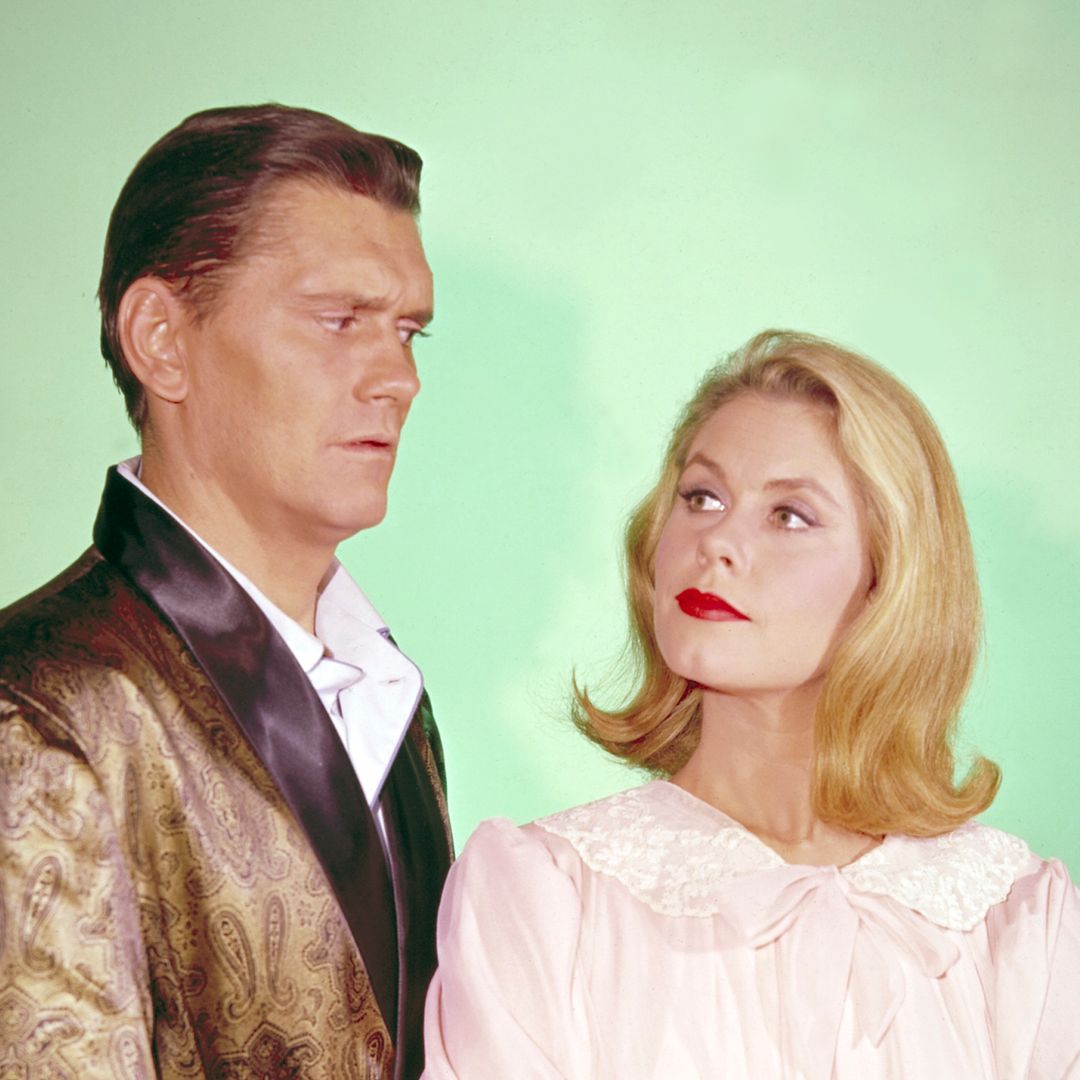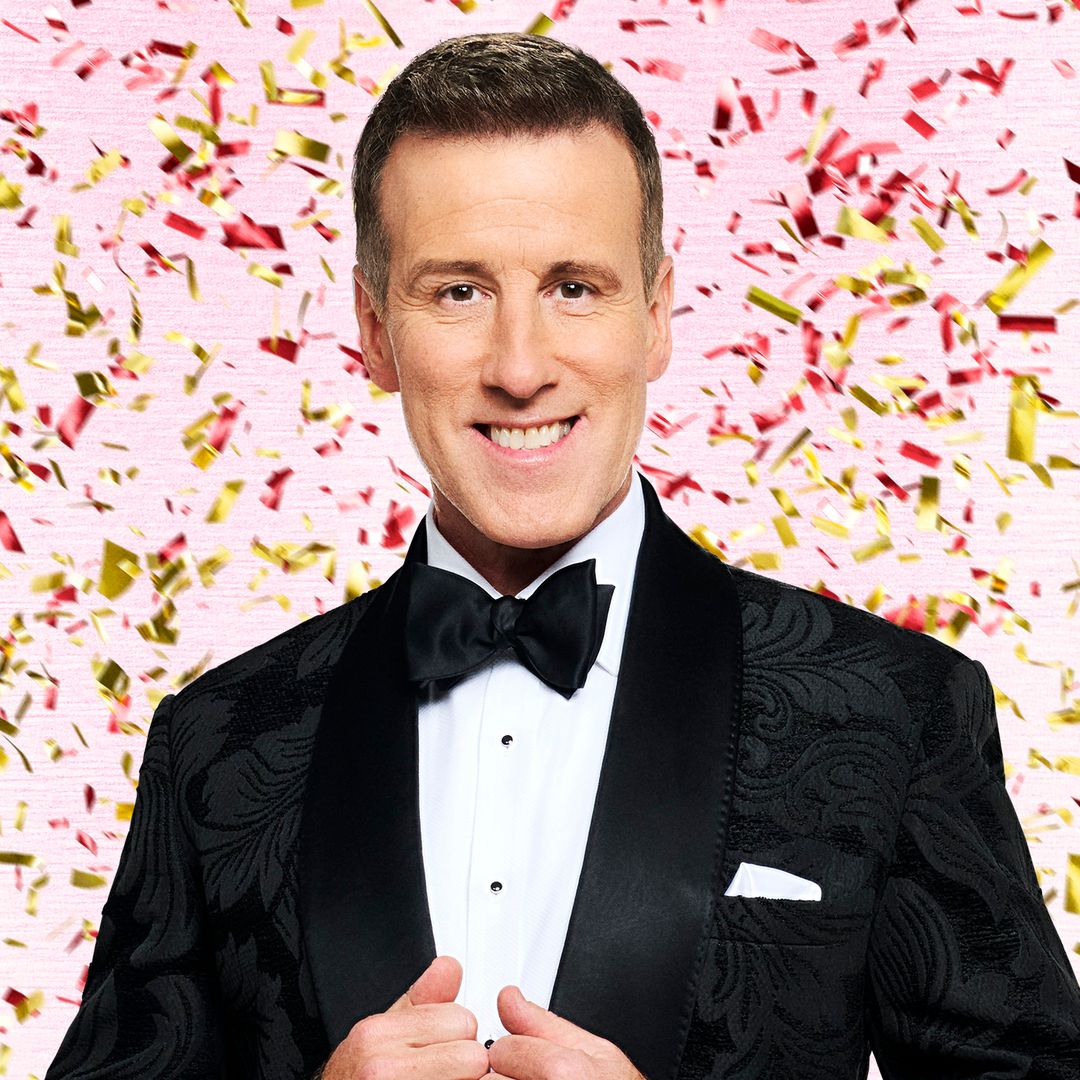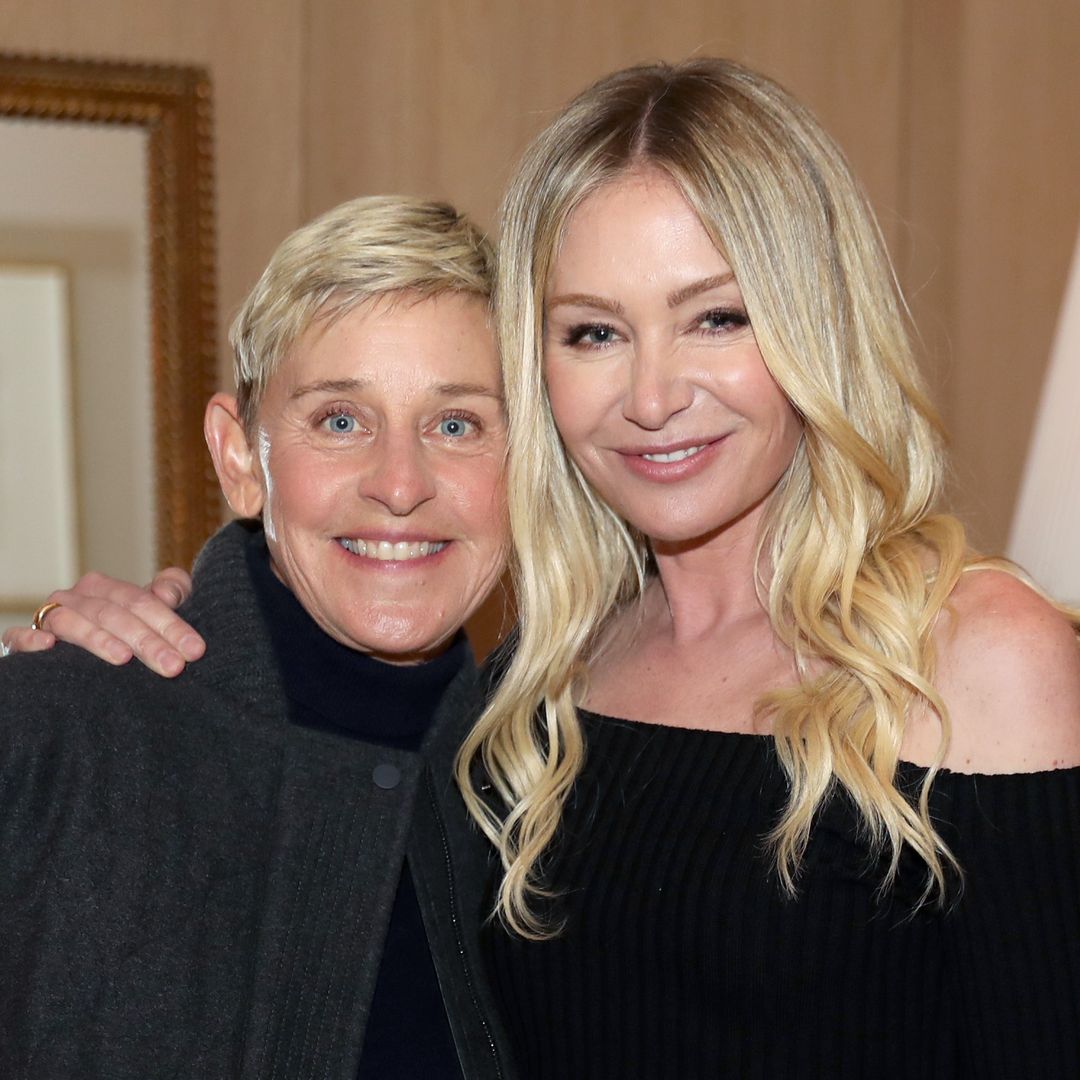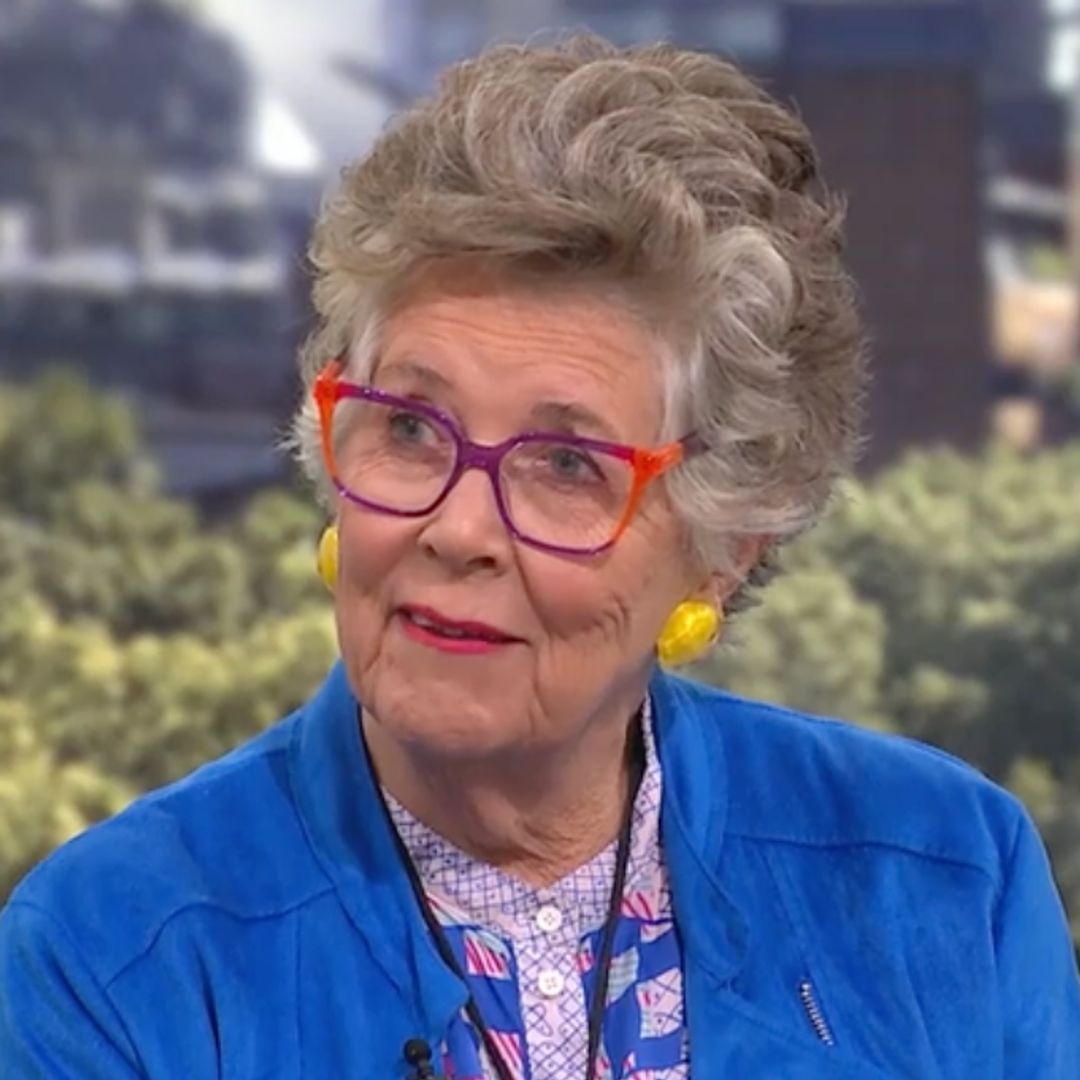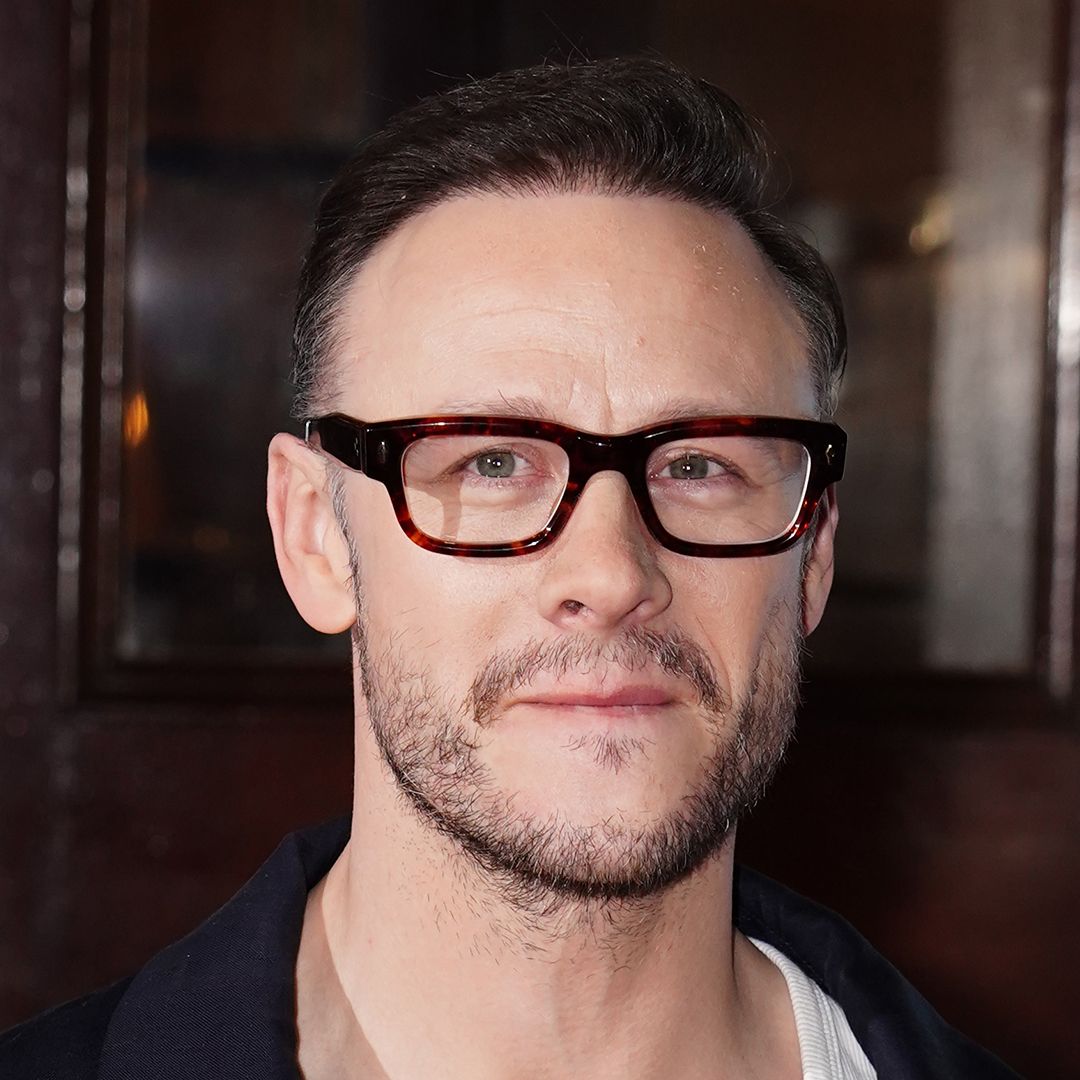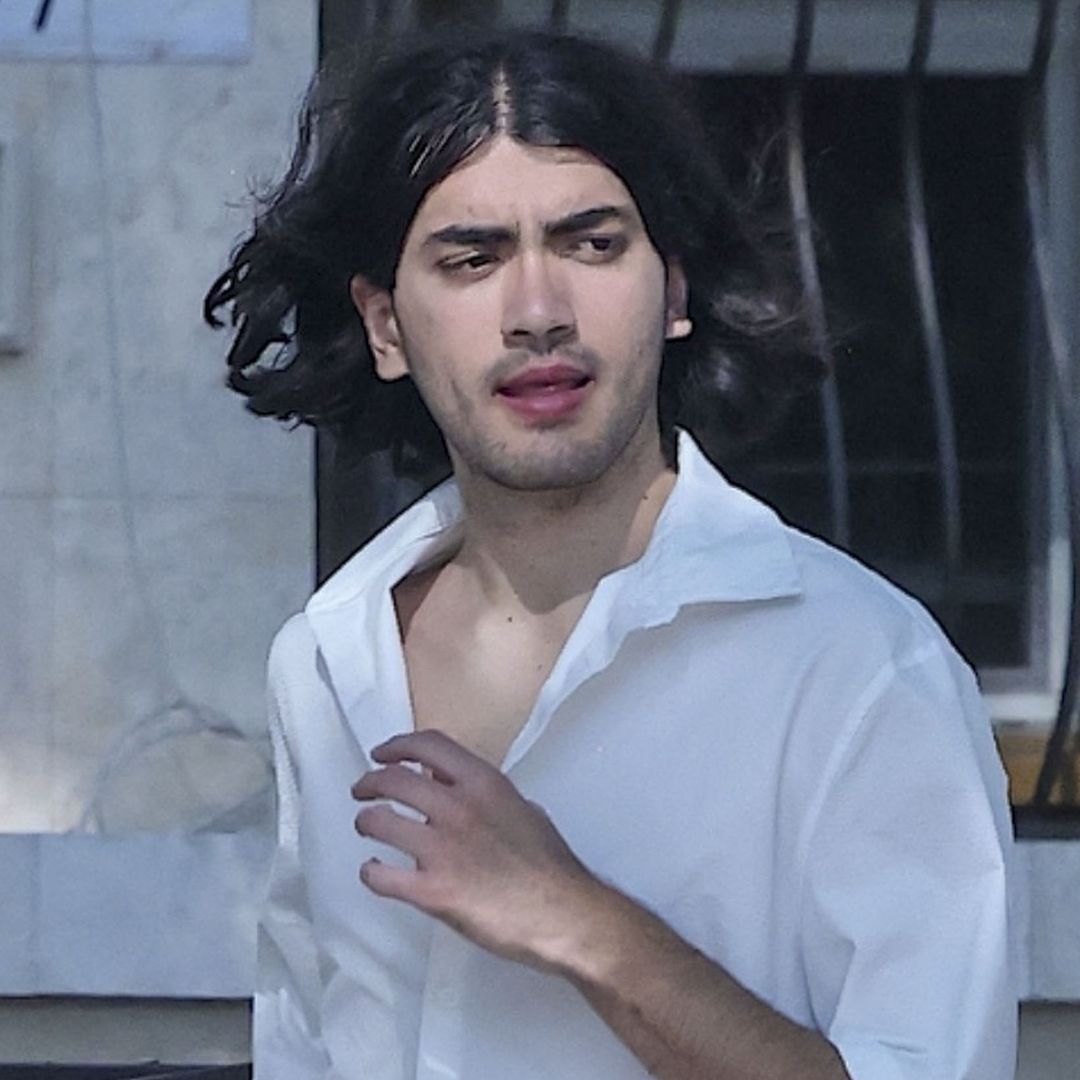Sophie Turner has spoken about how her controversial sexual abuse scene in Game of Thrones has led her to become actively involved in women's rights and in the fight against domestic violence. The star, who has now teamed up with Women for Women International, was in the centre of a huge controversy when her 15-year-old character Sansa Stark was attacked off screen in the popular fantasy show. Despite the negative response to the scene, Sophie strongly defended the show's need to depict the incident in a new essay for the Huffington Post.
READ: Game of Thrones: Has Sophie Turner just revealed a huge Game of Thrones spoiler?
Sophie opened up about her character in Game of Thrones
The 20-year-old wrote: "My active interest in women’s rights and the fight against domestic violence only really became acute after one of my scenes from season five of Game of Thrones aired… To be completely honest, my initial reaction was satisfaction: That rape, domestic violence and systemic sexual inequality is something we are capable of talking about... I don’t think it’s easy to overstate the importance of that dialogue; if, by seeing us tell that part of Sansa’s story, 10 survivors of sexual violence felt empowered to talk about their experience, I’ll happily put up with the Twitter storm in a teacup."
Sophie plays Sansa in the hit fantasy show
READ: Here's how the Game of Thrones cast plan to celebrate surviving until the end of the show
Sophie, who wrote the piece for International Women's Day, opened up about why it is essential that these stories be told on screen, explaining: "I found it vulgar that talking heads online had decided that Game of Thrones - known for its unflinching depictions of incest, slavery (sexual and otherwise) and a brother’s reproductive coercion of his sister - ought not depict rape. It would be a vulgar failure on our part as storytellers, to be happily silent on a matter that affects our sisters, mothers, daughters, nieces, cousins every day, all over the world. I’m proud to be part of a show that won’t be content to give unproblematic accounts of being a woman in a patriarchal society; if it falls to a fantasy show to portray the reality of domestic and sexual violence, so be it."

